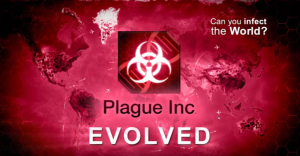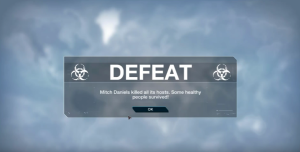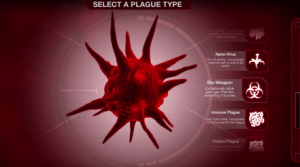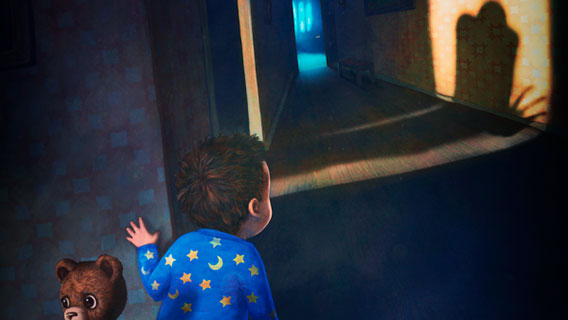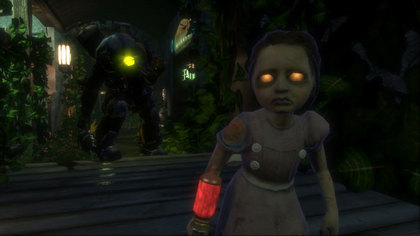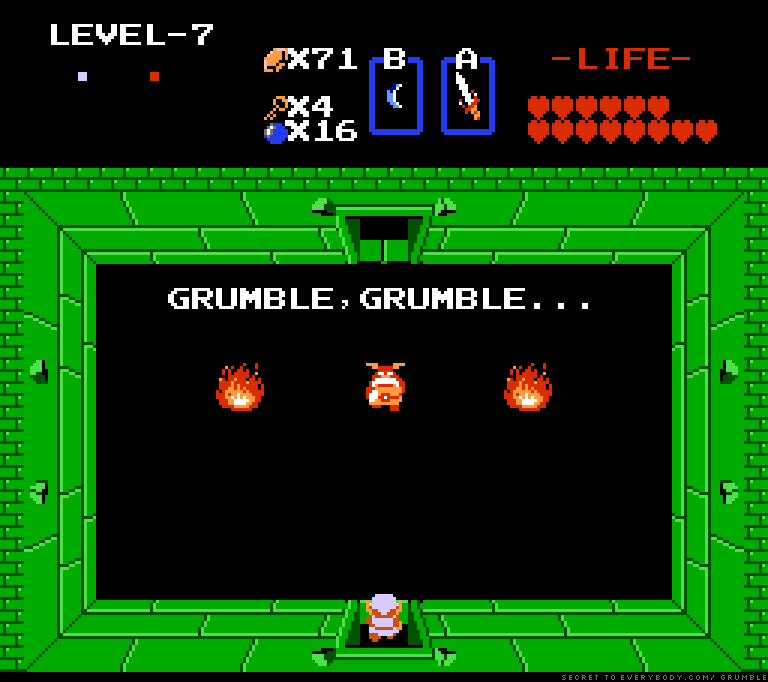As the end of the semester approaches, I’ve found myself buried up to my neck in final projects. While this has cut into the vast majority of my usual video game time, I was fortunate that one of the final projects involved some time in front of the screen. A colleague of mine, Lindsey, needed a test subject for a study she was doing on knowledge transfer, and it involved sitting me down for about an hour to play Plague Inc.
I’d heard of this particular game before, and had some friends who had played and said good things, and this combined with my desire to help a colleague and friend had me sitting in a room on Monday morning of last week, answering Lindsey’s questions about my (minimal) prior knowledge of epidemics, and then narrating my thought process into a microphone while I went about figuring out the best way to exterminate the entire human race.
This is the goal of Plague Inc., a real time strategy game developed by UK company Ndemic Creations and originally built for mobile platforms like the iPhone and Android. The version Lindsey had me play, Plague Inc. Evolved, is the PC version, which has even more options for infecting and murdering millions of people in a simulated pandemic. It’s simple enough — create a plague and figure out how best to spread it to every corner of the earth, infecting all humans and eventually wiping them out. Players get points they can allocate to evolving their chosen disease, can track the spread of it across the world, and work against the simulated scientists trying to formulate a cure.
As I said, a simple premise, and I spent most of the game thinking I was doing a fantastic job. I slowly infected human hosts with a bacterial pathogen, which slowly spread from the United States to Europe, Africa, and Asia before expanding to almost every corner of the globe. People became sick, eventually started dying, and the little counters on the screen ticked up towards one hundred percent elimination of human presence on Earth. That was the goal.
Imagine my surprise when I managed to kill all the infected human hosts and was informed by a pop up on the screen that I had still managed to lose.
I didn’t understand at first, reading the information on the screen. I had managed to wipe out every infected human, and wasn’t that the goal? Then I read the fine print, and it turns out I had missed a crucial detail: I hadn’t infected every single human on the planet. A small contingent of survivors remained, mostly in Greenland, and since they had survived untouched by my plague, I had failed at the game’s overall goal — I had let some humans survive.
When Lindsey and I talked about this after I finished my playthrough, it occurred to me that this phenomenon, my action of letting a small band of survivors make it through the extinction event, was something I did unconsciously. Thanks to a lifetime of Pop Culture, I had unwittingly perpetuated the most common part of an apocalypse narrative: I had left people alive.
I love end of the world scenarios. It doesn’t matter if it’s a plague, a horde of zombies, aliens, or some kind of natural disaster, I’ll be reading or watching or playing it for my chance to engage with a group of plucky and deeply flawed human survivors trying to make their way through a hellish landscape, relying only on their wits and each other while dealing with struggles both ordinary and extraordinary. I’ve engaged with this kind of media in this way for a while, reading Stephen King books and playing Left 4 Dead, watching movies like Doomsday and Dawn of the Dead, and while some of it is pure enjoyment and appreciation, the rest of it is that underlying thread of the survivor narrative that runs through each text, portraying a world where humans in impossible situations have the opportunity to not only survive, but thrive, against all obstacles.
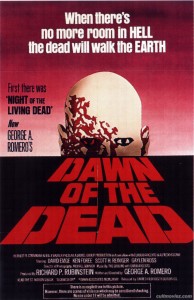
I am a survivor on multiple levels. I have been in physically and emotionally abusive relationships, have lived with crippling depression and anxiety, and have wanted to give up more times than I can count. Unsurprisingly I found myself turning to fiction with the goal of escapism, drowning out painful realities with fantasy and heroics. What I found, however, was the power of a narrative rooted in survival, in small groups of people coming together in dark times to find the light. Reality has little genuine help for survivors of trauma, especially with the stigma surrounding those who have been through rape and sexual assault. Even with resources, therapy, time, and progress, living through traumatic events takes its toll, and feels like an uphill struggle. This has never been more apparent to me now as I see friends living in fear for their lives, in fear of their rights being taken away, of being fired from their jobs and attacked on their campuses.
Survival is an act of defiance, and narratives emphasizing the way humans come together to help each other through trauma are some of the most deeply affecting, not only for me but for others like me who have been through unspeakable pain and fear. Stories have power, and having those narratives to engage with are the reason I continue to survive, to persist, to prevail.
The survivor narrative is embedded in my entire self, is a fundamental part of my psyche, and runs so deeply that I can’t even effectively wipe out the entire human race with a bacteria. I could not defeat humanity because my drive was not to wipe it out, but to create a circumstance in which people could still exist, even through hardship.
By the rules of the game, I lost Plague Inc. I couldn’t exterminate the human race. In doing so, however, I found myself reflecting on my fundamental emotional state, on my drives and motivations, on the stories and narratives that have made me who I am today. It’s incredible how games can do that, even those without the narratives that influence my will to survive. Games are unexpected in that way, teaching us things we don’t expect, surprising us, helping us reflect in unpredictable ways. I may have failed to spread a devastating plague, but I felt a deep sense of purpose stir in me when I realized just how deeply the survivor narrative is ingrained in my sense of self.
In dark times, that kind of will to keep going despite all odds feels more like a win to me.

